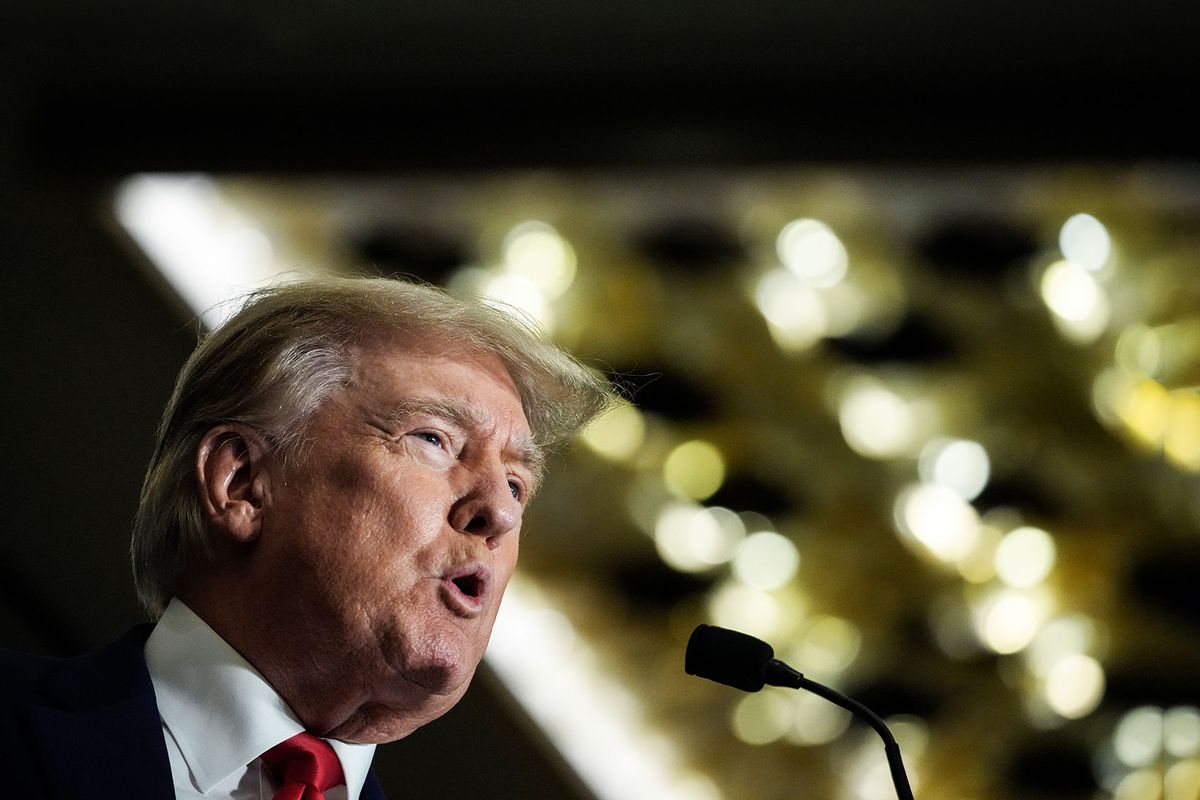Judge grants Trump’s request to appoint special master to review materials seized at Mar-a-Lago

On Monday, CBS News’ Steven Portnoy reported that Florida District Judge Aileen Cannon ruled in favor of former President Donald Trump, announcing the appointment of a special master “to review the seized property for personal items and documents and potentially privileged material subject to claims of attorney client and/or executive privilege” — a decision that puts on hold investigators’ ability to review the documents.
Cannon, an appointee of Trump herself, shot down the Justice Department’s claim that the FBI’s “taint team” has been sufficient to sort out privileged documents. She also disputed the Justice Department’s argument that executive privilege does not apply to a former president against the administration of the current president, saying that this “overstates” the law and the controlling precedent in United States v. Nixon did not settle that issue.
“[T]he Court does not find that a temporary special master review under the present circumstances would cause undue delay,” Cannon concluded, blocking DOJ investigators from continuing the probe until that review is complete — but also saying that the Office of the Director of National Intelligence can continue their classification and intelligence review of the documents, which POLITICO’s Kyle Cheney has noted is “unclear how that’s going to work.”
The decision was immediately decried by some legal experts, with former House impeachment adviser Norm Eisen arguing that the DOJ “can and should” appeal the ruling immediately.
Trump sought a special master review as a delay tactic to slow down the investigation, which is looking into the mishandling of highly classified information removed from restricted facilities and left in unsecured boxes at the former president’s Mar-a-Lago country club in Palm Beach, Fla. The full extent of the investigation was revealed when the FBI executed a search warrant on the premises.
Trump has alternatively claimed a number of contradictory defenses, including baseless accusations that the documents may have been planted by the FBI, but also the idea that he had a blanket right to declassify the documents on his way out the door using a “standing order.”

